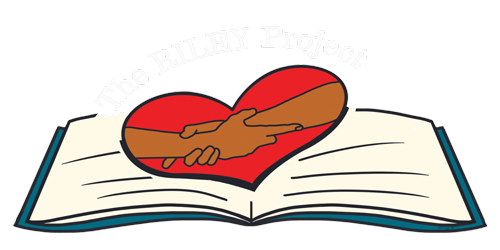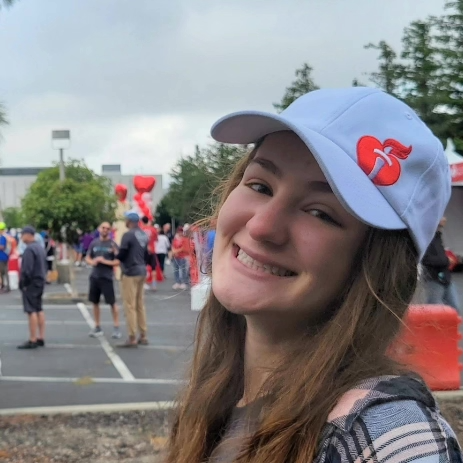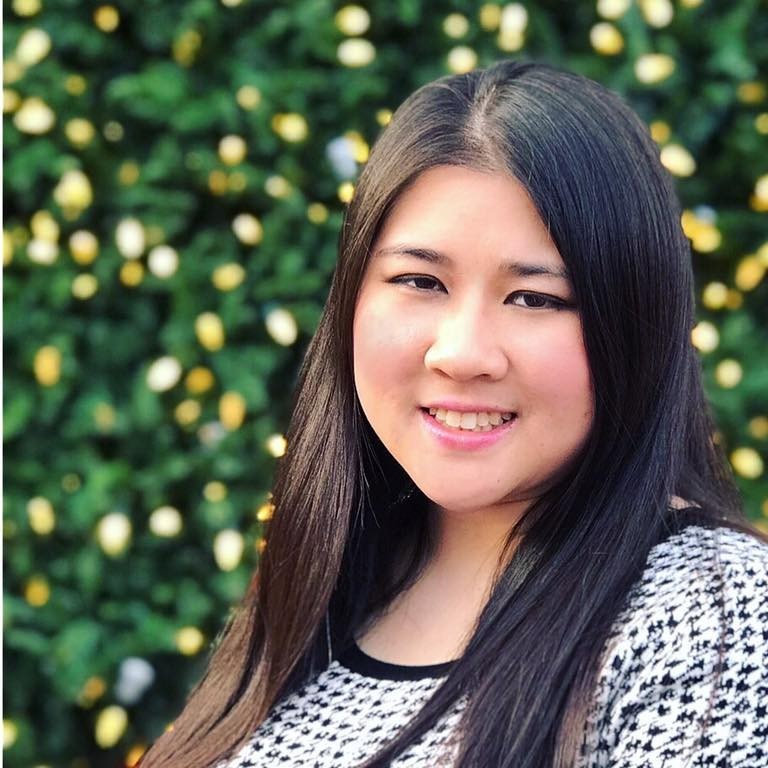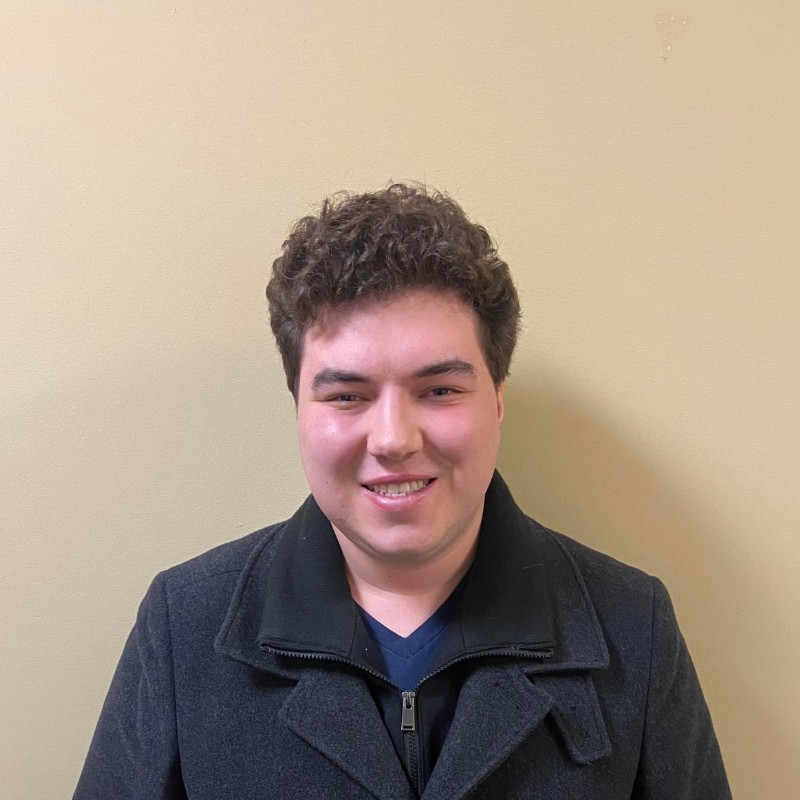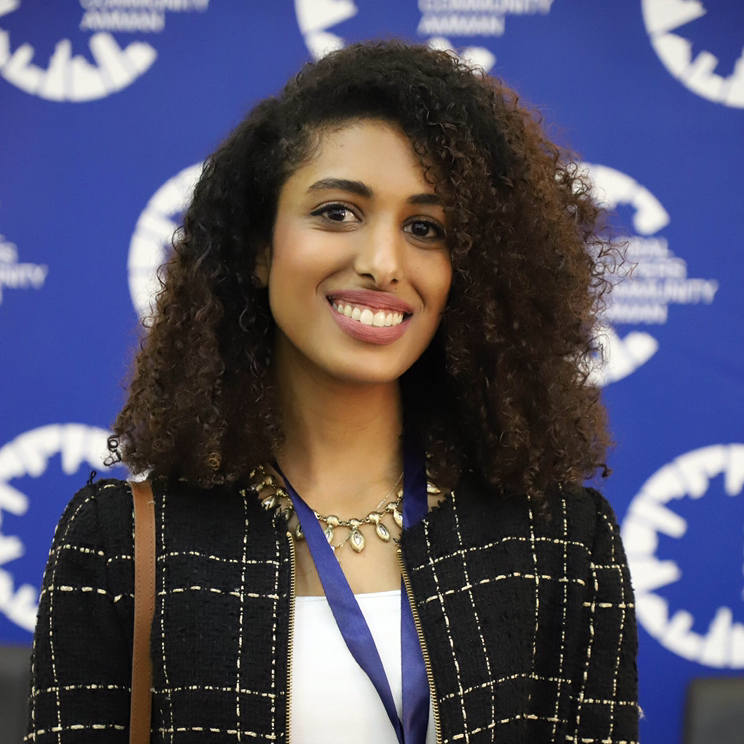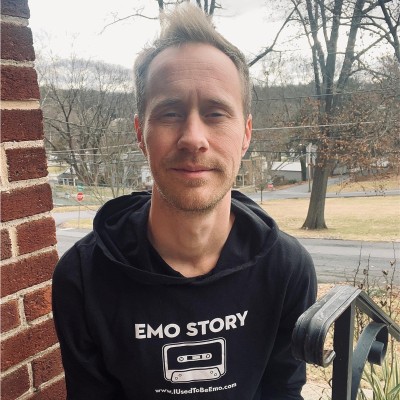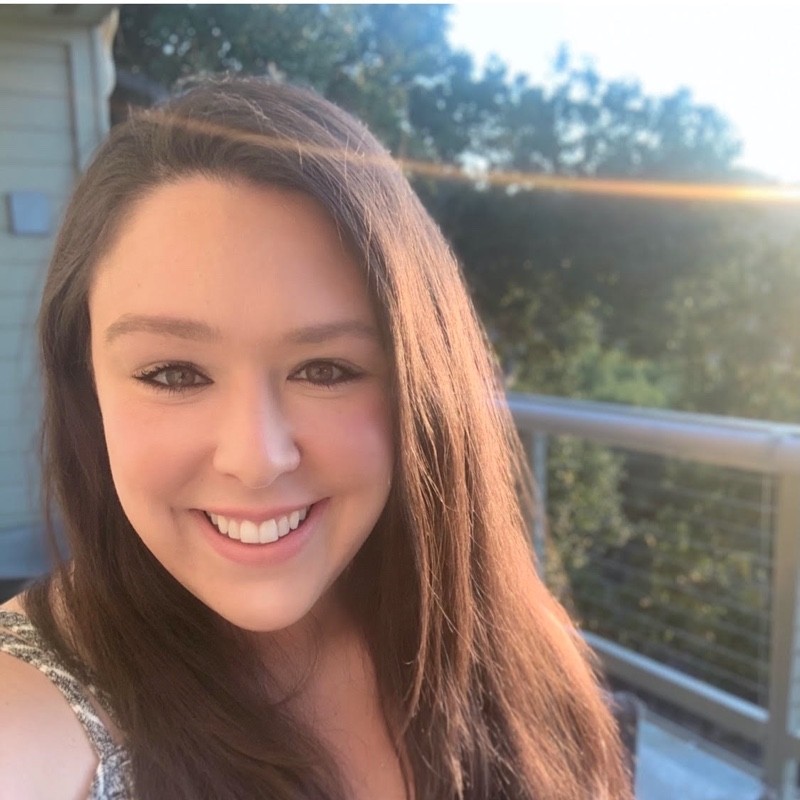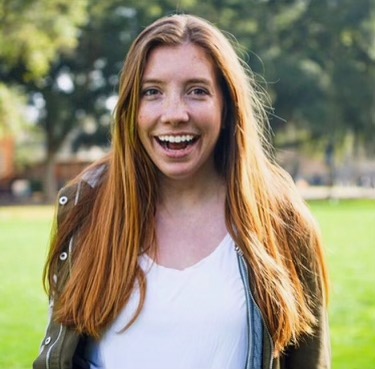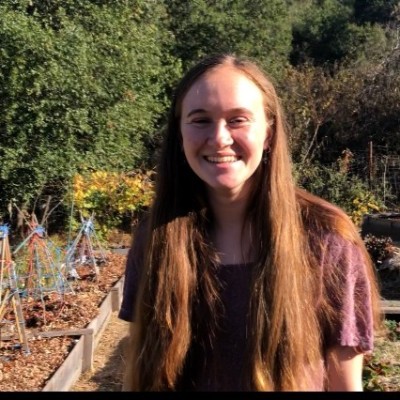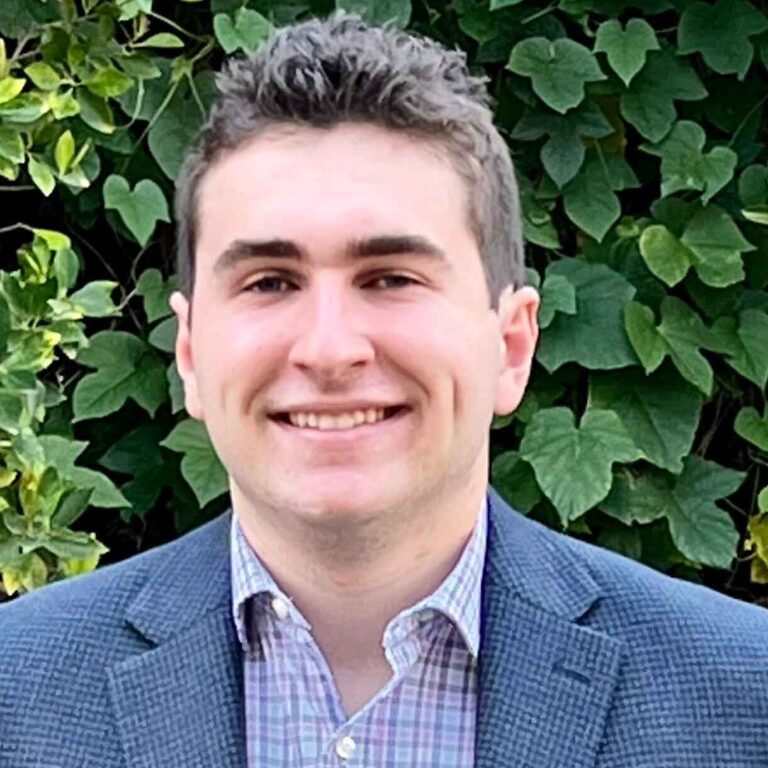
When I announced The RILEY Project's launch in January, I received incredibly positive feedback. However, a natural question arose, why would you start a nonprofit at 22? Why would you want to give back in this way? The question has guided my work and the storytelling I am trying to convey with the project. I am thankful for those who have contributed; their stories have already impacted those who learn differently. In answering the question at hand, I must go back and reflect on the journey and remember the people who shaped me.
After I was born, it was clear that I would have some roadblocks in my life. I began having seizures at two days of life and would have hundreds during my first 14 months. There was no known cause for my seizures, so I spent the first month in the NICU at Stanford Hospital.
Once brought home, although I was entered into Early Start programs, I was not hitting developmental milestones. I did not walk until I was two years old or speak in sentences until I was four years old. I had been diagnosed with mild cerebral palsy at six months of age and subsequently placed in a special day class in preschool.
With medication, we gained good control over my epilepsy. At age five, my seizures returned, and the school district was resistant to the notion of me continuing in school. However, this was the first of many times my parents advocated for me and ensured that I was educated with appropriate peers, much to the district's dismay. In first grade, I was diagnosed with dyslexia.
At the time, I couldn't comprehend the magnitude of the diagnosis, and I could only grasp that something made me feel different, and my anxiety was through the roof. I did not want to go to school because I could tell that I did not understand what the others were.
After one particularly rough day, I announced to my mom, "I'm stupid and never going back." I vividly remember picking up a book at school, pretending to read, and being instructed by a peer that the words I was saying aloud did not match the words on the page. I began exhibiting classic examples of anxiety and stress, chewing on my nails and clothing, migraines, and stomach disorders. During my first-grade year, my parents requested and attended monthly IEP meetings.
The extensive testing by the district showed I needed reading and writing goals to learn in a research-based reading methodology. My parents were baffled and upset at the lengths the Principal and Special Ed Director went to keep me from accessing special education services.
The district's response was to deny me Resource time until April of first grade. The RSP teacher announced she would teach me to read by doing "a little bit of this and a little bit of that." Well, as a kid with zero phonemic awareness and an inability to correlate that letters made sounds, it was clear to my parents that the school district would not support me.
My parents could see my potential, and after witnessing the emotional toll it was taking on me, they made the best decision at the time and sent me to Charles Armstrong School in Belmont, CA. At Armstrong, I was taught through multisensory instruction and learned how to read and write, and I will be forever grateful to the school and its teachers who helped form my educational journey.
Even though I was supported academically, the anxiety that I felt in public school did not go away. I was never a person who had an easy time making friends, and I needed to have an academic environment that could support me both emotionally and academically.
In middle school, I attended two schools where I struggled emotionally, and by the end of my freshman year, I was depressed and anxious. In my sophomore year of high school, I transferred to Compass High School, a small, supportive school, where thanks to an incredibly supportive composition teacher, I could identify writing as a strength, which boggled my mind as I never thought that I could be a good writer with dyslexia.
Through this experience and my membership in an organization called SAFE (Student Advisors for Education), I could express myself and understand my makeup as a person and how I could contribute to society.
By my senior year of high school, my anxiety made it difficult to see the possibility of going away to college and succeeding, so I decided to attend a small, local college. On the first preview/welcome day, I met a professor who reassured me that I was in the right place.
During my freshman year, I commuted to campus and majored in Communications due to the professor's reassurance, and I suddenly felt like I had made the right decision. However, the campus's disability resource officer made it difficult for me to have basic accommodations such as a note taker and the option to record, and course substitutions for foreign language and math, which were two subjects that I always struggled in, and did not choose a major that required them. Despite a trippy accusation in one meeting that my parents were "coercing" me, I was finally able to receive the accommodations I needed to succeed. I minored in English and enjoyed deep diving into the Beat generation and writers I had not encountered before.
In 2020, it was announced that the university was closing to undergraduates, and I would have to transfer. After months of deciding, I finally decided to go to Saint Mary's College, where I graduated this May with honors. Despite the first year being fully online, I was able to attend my senior year in person and live on campus, which was a big step for me. I became a writer for the school newspaper and had the honor of being an editor for the opinion section, which taught me how to get my point across and rely on facts to inform my opinion, not the other way around.
A particular highlight for me was being able to take a poetry class from the legendary Poet and Professor Brenda Hillman. She taught me how to not only take risks in form but also become courageous in finding source material and writing from my own lived experience.
My journey has made me want to advocate for the 1 in 5 who learn differently and elevate the stories of students and young professionals who are not included in the conversation. However, I recognize the role that educators and parents play in students' lives, and I believe that all parties must have a voice in the discussion to be productive.
We are living in interesting and sometimes terrifying times as a country. The writer Julie Lythcott Haims recently described the problems plaguing our society, arguing, "Shards of glass are everywhere." This statement echoes across our education system, which is still struggling to educate all learners, failing to equip students with the fundamental right of literacy.
How we frame the conversation is the first step in making any type of change in the education system. I acknowledge that I have the privilege of parents who never gave up, advocated for me, and could afford to send me to a private school.
One Principal or Special Education Director shouldn't predetermine children's futures any more than the zip code one lives in. We must understand that dyslexia and other learning differences are not only strengths, but people with learning differences contribute and help shape the future of this country and beyond.
